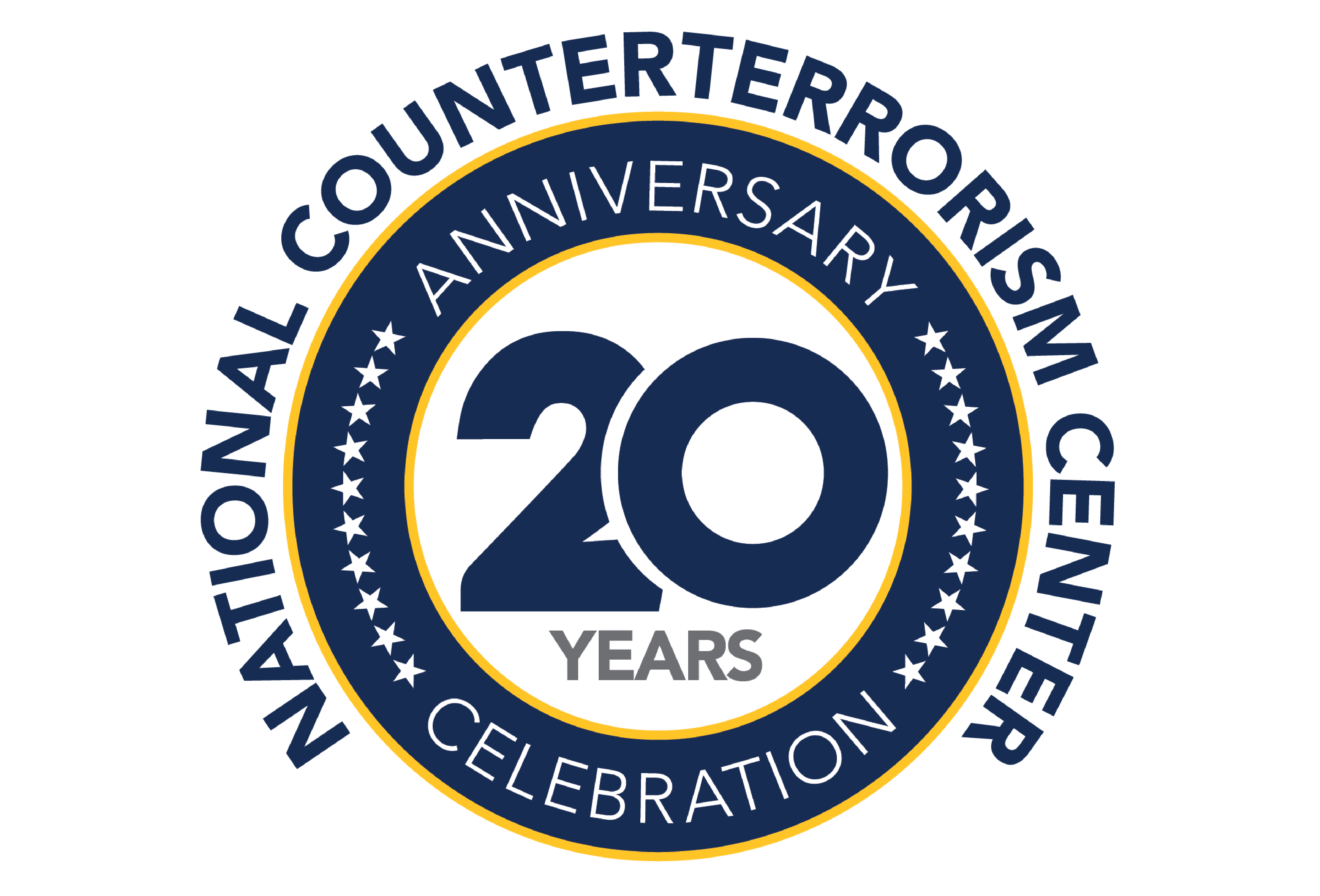Twenty years later, the National Counterterrorism Center confronts new phase of terrorism
Brett M. Holmgren is the Acting Director of the National Counterterrorism Center.
Upon entering the headquarters of the National Counterterrorism Center (NCTC) in McLean, Virginia, the first thing you see are displays with debris from the attacks of September 11, 2001. Steel beams from the Twin Towers. Limestone from a damaged section of the Pentagon. Fuselage from United Flight 93 that crashed in Shanksville, Pennsylvania. A torn American flag from Ground Zero in New York City. For NCTC, which today hosted a celebration with current and former employees marking its twentieth anniversary, these displays are a solemn reminder of the mission and why we serve. As we navigate another transformational moment in the global terrorism threat environment, the role of agencies like NCTC will remain vital in the years ahead.
A key recommendation from the 9/11 Commission was to unify counterterrorism efforts across the U.S. government to address missed opportunities to thwart the attack. And so, in August 2004, President George W. Bush established NCTC and charged it with integrating international terrorism information across foreign and domestic sources, analyzing threats, sharing information, maintaining an authoritative database of known and suspected terrorists, and conducting strategic planning to drive a whole-of-government approach to terrorism. NCTC’s authorities were later codified in the landmark Intelligence Reform and Terrorism Prevention Act of 2004, which passed with broad congressional support.
Since then, thanks to the US counterterrorism enterprise—servicemembers, intelligence and law enforcement officers, diplomats, and homeland security professionals—there have been no terrorist attack on the scale of 9/11 in the United States and our Nation is safer and more secure. While the risk of a large-scale foreign terrorist attack against the United States has been greatly diminished, we are entering a new phase of the terrorism threat landscape—the latest incarnation of an ever-evolving threat. And make no mistake, we are still threatened by those seeking to harm Americans at home and abroad.
Whereas years ago the United States focused on countering the threat of centrally-planned, large-scale attacks directed by groups like al-Qa'ida and ISIS, today’s threat is more diverse, decentralized, and complex. Often less capable and less sophisticated, but still lethal. The broad spectrum of today’s threat actors illustrates the changing face of terrorism, which includes not only al-Qa'ida’s remaining network and a reenergized ISIS, but also Iranian-sponsored groups, racially or ethnically motivated violent extremists, anti-government or anti-authority violent extremists, and homegrown violent extremists who are self-radicalized and inspired to act without direction from a group abroad. A combination of factors has contributed to this new dynamic: the galvanizing effect of the Israel-HAMAS conflict; new migration patterns in part due to Russia’s war on Ukraine; growing political and economic grievances worldwide; and technological advances, among other reasons.
One of the lessons of 9/11 is that as the threat evolves, so too must the government’s response. At NCTC, we’re adapting and modernizing our approaches to ensure we’re prepared to meet the moment. We’re exploring how to leverage artificial intelligence and machine learning to identify new intelligence leads. We’re upgrading vetting support and watchlisting technologies to share information faster with homeland security officials whenever and wherever they need it. And we’re strengthening how we analyze strategic and tactical intelligence to generate more valuable insights for policymakers and more actionable leads for partner agencies to disrupt plots. NCTC’s role this year in uncovering individuals in the United States linked to or inspired by ISIS is a result of these investments and reflects the proactive approach to threat identification and analysis that will define NCTC’s future.
As the Acting Director of NCTC, I have the privilege of seeing firsthand how NCTC’s work, often in the shadows and without fanfare, strengthens America’s security. But I believe it’s also important the American people know that our officers’ actions have disrupted plots, averted attacks, and saved lives. So as we celebrate NCTC’s twentieth anniversary, let us honor the most important part of this institution—the countless public servants, past and present, who work tirelessly to defend and safeguard our nation in the face of an enduring threat.
In honor of its anniversary, NCTC produced this video commemorating the past 20 years and looking forward to its future.





